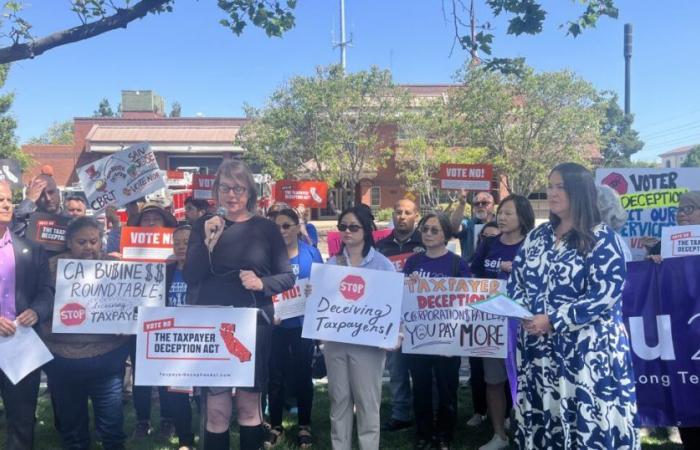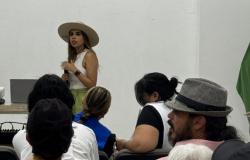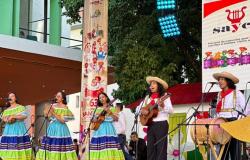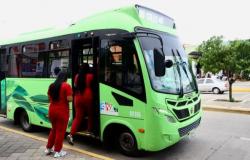The California Supreme Court blocked an anti-tax ballot measure that faced fierce opposition from local officials, unions and activists in Santa Clara County.
The panel unanimously ruled Thursday instructing Secretary of State Shirley Weber not to place the measure on the November ballot, which if approved would have put all statewide tax increases before voters and raised the approval threshold for voters for local tax initiatives that seek to increase revenue for government services. It also would have reclassified fees for public services and programs as taxes, requiring voter approval for things like library fines.
“Such changes would substantially change the way local governments ensure that everyday services are adequately provided. In short, the (proposal) would affect all local revenue measures, large or small, essential or non-essential, to the point of leaving no aspect of government intact,” the court’s opinion reads.
The measure had qualified for the vote, prompting a lawsuit from Gov. Gavin Newsom and the state Legislature seeking to prevent it from reaching voters. It would have been applied retroactively to January 2022, effectively canceling any special taxes passed in Santa Clara County in recent years.
That sparked a passionate rally among Santa Clara County activists, union leaders and Democratic elected officials in May, who called the move a ploy by corporations to avoid paying their share for things like development impact fees associated with projects. construction projects, which can help communities finance infrastructure improvements. Others called it a logistical nightmare that jeopardized funding for essential services and canceled up to eight recently passed ballot measures in Silicon Valley, totaling $64.3 million in annual losses in jurisdictions like Los Gatos and Palo Alto.
“I’m very glad that the court saw the measure for what it is and we won’t have to spend a lot of resources protecting the revenue streams of cities and local governments this fall,” said San Jose Councilman David Cohen, a outspoken opponent of the tax measure, he told San José Spotlight.
The $17 million campaign for the measure has been spearheaded by the California Business Roundtable, made up of top executives from major companies across the state, including Apple, General Motors and Procter & Gamble. It also has the support of the real estate industry, specifically the California Commercial Property Association. Supporters argue the bill closes loopholes that allowed state lawmakers and unelected government administrators to raise utility rates.
“Today’s ruling is the biggest threat to democracy that California has faced in recent memory. Governor Newsom has effectively erased the voice of 1.43 million voters who signed the petition to qualify the Taxpayer Protection Act for the November ballot,” Rob Lapsley, president of the California Business Roundtable, said in a statement. “Most importantly, the governor has cynically ended Californians’ rights to participate in direct democracy despite his many claims that he is a champion of individual rights and democracy. Obviously, the governor wants to protect democracy and individual rights in other states, but not for all Californians.”
Contact Brandon Pho at [email protected] or @brandonphooo on X, formerly known as Twitter.






